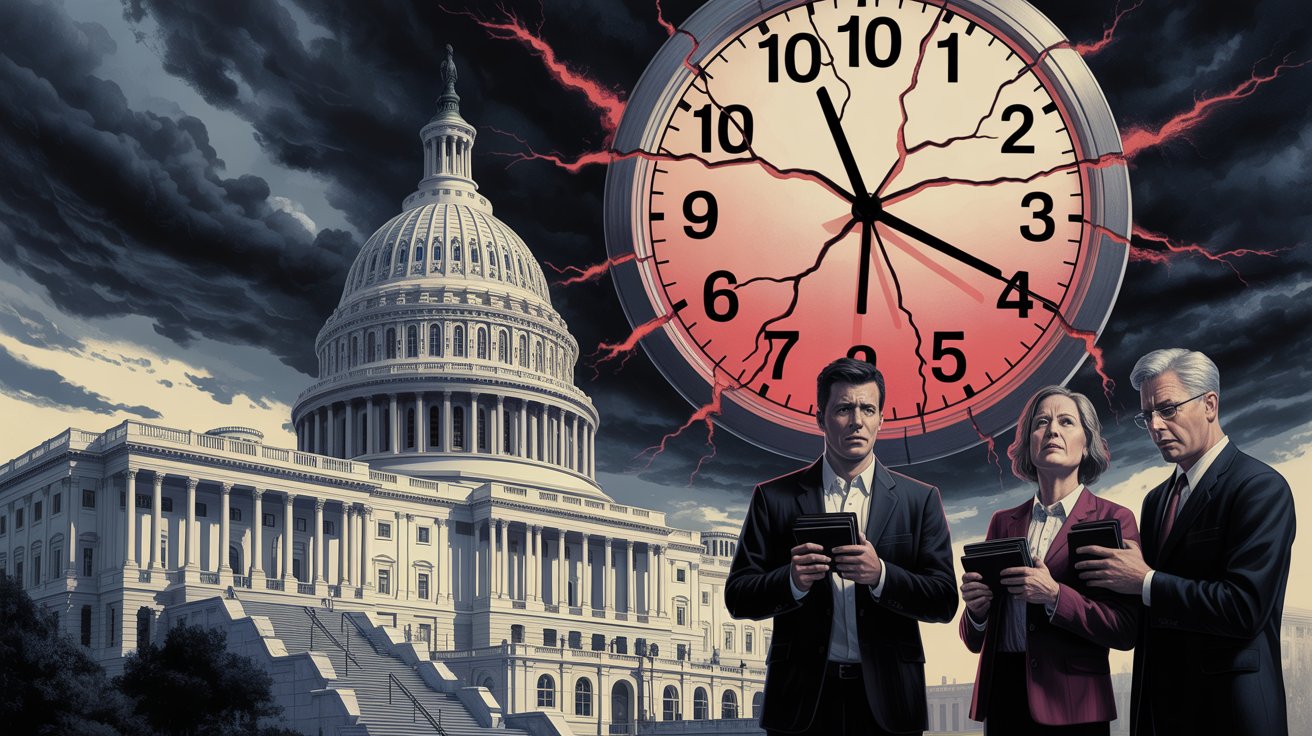
When news headlines talk about Congress debating the U.S. debt ceiling, it often sounds like complicated political jargon. But in reality, the debt ceiling directly affects the economy, financial markets, and even your personal finances. Let’s break down what it is, why it matters, and how it impacts everyday Americans.
What Is the U.S. Debt Ceiling?
The U.S. debt ceiling is the maximum amount of money the federal government is allowed to borrow to meet its existing legal obligations. These obligations include Social Security payments, Medicare, military salaries, interest on the national debt, tax refunds, and other government spending.
In simple terms, it acts like a credit limit for the U.S. government. If Congress doesn’t raise or suspend the ceiling, the government risks defaulting on its obligations.
Why Does the Debt Ceiling Matter?
The debt ceiling matters because the U.S. government regularly spends more than it collects in tax revenue. Borrowing helps cover the difference. If borrowing is blocked, the government may not be able to pay bills on time.
This can cause:
- Market volatility – Stock markets tend to drop when debt ceiling debates drag on.
- Higher borrowing costs – Interest rates on U.S. Treasury bonds may rise, affecting mortgage and loan rates.
- Potential government shutdowns – Federal employees may face furloughs or delayed paychecks.
How Does the Debt Ceiling Impact You Personally?
- Interest Rates on Loans and Mortgages
If Treasury yields rise due to uncertainty, banks often pass these costs to consumers. This means higher rates on mortgages, credit cards, and auto loans. - Retirement Accounts and Investments
Debt ceiling crises often cause stock market dips. If you have a 401(k), IRA, or brokerage account, the value of your portfolio may fluctuate. - Government Benefits
If the government cannot borrow more money, payments like Social Security, Medicare, and veterans’ benefits may face delays. - The U.S. Dollar’s Stability
A default or prolonged debate can weaken confidence in the U.S. dollar, potentially affecting prices of imported goods and even inflation.
What Usually Happens During a Debt Ceiling Debate?
Historically, Congress has always acted to raise or suspend the debt ceiling. However, political standoffs often create last-minute uncertainty. Markets react quickly, and consumers may feel the ripple effects in borrowing costs and economic confidence.
What Can You Do to Protect Yourself?
- Stay diversified – Don’t panic sell investments during short-term volatility.
- Keep an emergency fund – Having cash reserves helps if government payments are delayed.
- Lock in loan rates – If you plan to refinance or take out a loan, doing it before rates rise could save you money.
- Stay informed – Follow updates from reliable financial news sources to understand how political negotiations may affect your money.
Final Thoughts
The U.S. debt ceiling might sound like a political issue, but its consequences can touch every American household. From retirement savings to borrowing costs, the decisions made in Washington have a direct impact on your wallet. By staying prepared and financially flexible, you can weather the uncertainty that comes with these debates.
U.S. debt ceiling, national debt 2025, how debt ceiling affects economy, government shutdown risk, debt ceiling explained, U.S. default risk, how debt ceiling impacts you, personal finance 2025, investing during debt ceiling crisis, U.S. economy news